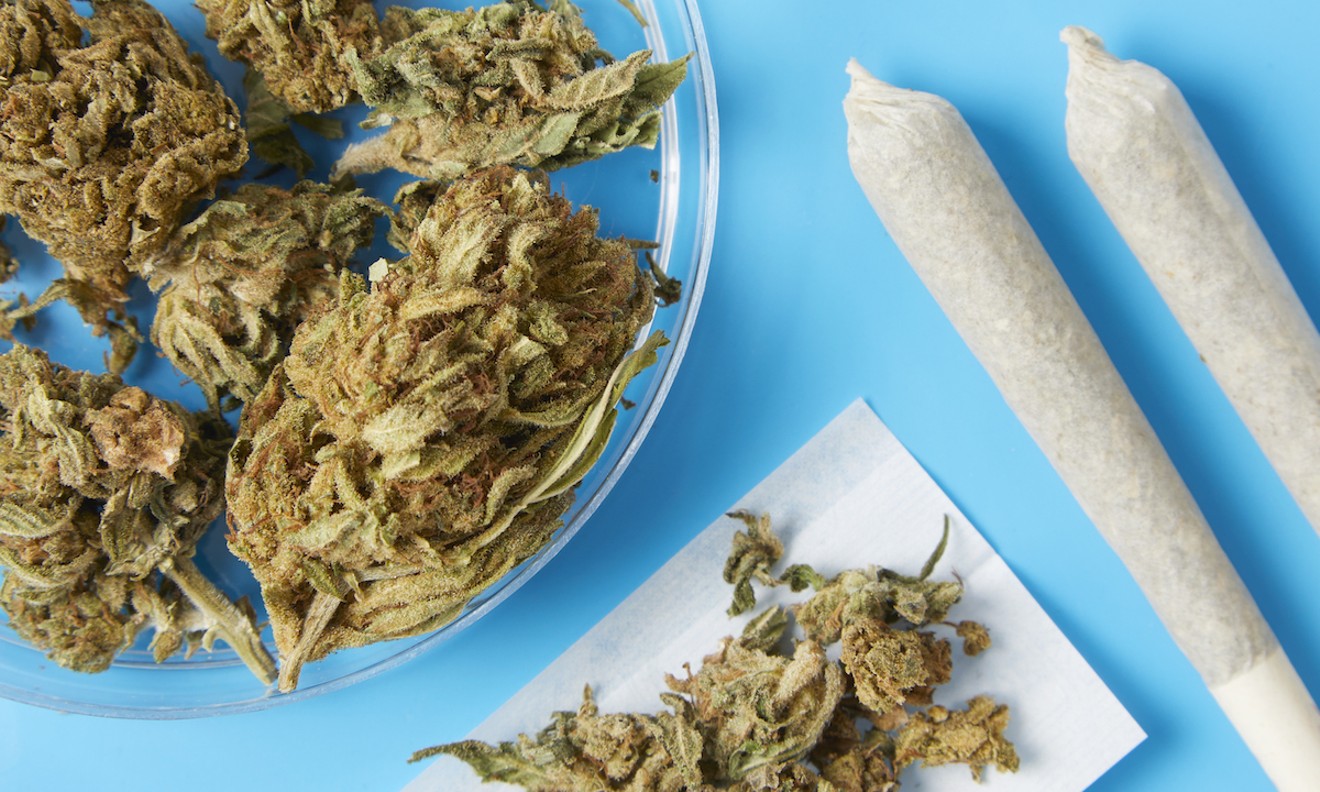Shedding Light on What Medical Cannabis Can Treat: a Comprehensive Analysis of Its Restorative Qualities
In recent years, there has actually been an expanding passion in the healing capacity of clinical marijuana. Research has recommended that this plant, with its range of substances, could hold guarantee in attending to various medical problems. From persistent pain monitoring to epilepsy therapy, and from queasiness alleviation to anxiousness decrease, the range of its possible applications seems wide-ranging. While unscientific proof abounds, a detailed exam of the scientific information pertaining to the efficiency of clinical cannabis in treating these conditions is necessitated. This evaluation aims to offer a nuanced understanding of the existing landscape of medical cannabis as a possible healing agent, clarifying its capacities in a much more thorough fashion.
Persistent Discomfort Administration
Chronic pain monitoring continues to be a critical element of treatment, requiring a detailed strategy for efficient treatment. Over the last few years, medical marijuana has arised as a possible therapeutic option for individuals experiencing persistent discomfort problems. The endocannabinoid system, which plays a vital function hurting modulation, has actually been targeted by cannabis-based therapies to boost and alleviate symptoms high quality of life for clients.

Additionally, clinical cannabis offers an encouraging option for clients that experience unbearable adverse effects from traditional pain medicines. Its ability to resolve pain with a various mechanism makes it a valuable enhancement to the collection of therapies readily available for persistent pain administration.
Epilepsy Treatment Possible
Clinical cannabis has revealed encouraging potential in the treatment of epilepsy, supplying a novel therapeutic strategy for handling seizures in people. Epilepsy is a neurological condition identified by persistent seizures, impacting individuals of any ages. Conventional therapies for epilepsy include antiepileptic drugs, yet these medicines might not be efficient for all people and can have substantial negative effects.
Research on the usage of medical cannabis for epilepsy has revealed motivating results. Cannabidiol (CBD), a non-psychoactive compound located in cannabis, has actually been specifically highlighted for its anticonvulsant residential properties. Researches have revealed that CBD can reduce the frequency and intensity of seizures in people with treatment-resistant kinds of epilepsy, such as Dravet syndrome and Lennox-Gastaut disorder.
In Addition, the FDA has accepted a CBD-based drug, Epidiolex, for the therapy of seizures related to these extreme forms of epilepsy. This turning point underscores the expanding recognition of clinical marijuana as a useful healing choice for taking care of epilepsy and offers hope for clients that have not reacted well to standard therapies.
Queasiness Relief Perks
The relief of queasiness via using marijuana has actually been increasingly acknowledged for its healing advantages in different clinical conditions. Nausea and vomiting are usual signs experienced by clients undertaking radiation treatment, those with food poisonings, and individuals with chronic discomfort conditions. Medical marijuana, with its active compounds such as THC and CBD, has shown assurance in giving remedy for nausea or vomiting.

Furthermore, medical cannabis uses a natural choice for individuals who do not respond well to typical anti-nausea medications or who experience severe side impacts from these drugs. Clients undertaking chemotherapy, particularly, have reported considerable improvements in their quality of life when utilizing marijuana to manage nausea or vomiting. As study around proceeds to grow, clinical cannabis is progressively being taken into consideration as a beneficial option for nausea relief in different medical setups.
Stress And Anxiety Reduction Impacts
Research studies have actually shown the capacity of marijuana in lowering stress and anxiety symptoms Find Out More via its interaction with the endocannabinoid system. The endocannabinoid system plays a vital duty in regulating emotions, consisting of anxiousness, by preserving homeostasis in the body. Cannabinoids in cannabis, such as THC and CBD, interact with the endocannabinoid receptors in the mind, specifically the CB1 and CB2 receptors, to modulate anxiety-related responses.

Individuals with conditions like generalized anxiety disorder (GAD), social anxiety disorder, and trauma (PTSD) might profit from the anxiolytic homes of cannabis (Medical Marijuana Clinic Clinton MS). Additional study is needed to identify optimum does, distribution methods, and lasting impacts on anxiety monitoring.
Potential for Inflammation Control
With its recognized anti-inflammatory residential or commercial properties, marijuana has revealed promise in possibly managing inflammation within the body. Swelling is the body's natural action to injury or infection, but when it comes to be chronic, it can add to numerous conditions such as arthritis, inflammatory bowel illness, and also cardiovascular disease. Research recommends that the cannabinoids discovered in marijuana, such as THC and CBD, can help minimize and regulate the immune reaction swelling.
Research studies have actually revealed that cannabis can engage with the endocannabinoid system, which plays a vital function in regulating swelling. By targeting the cannabinoid receptors, marijuana substances can modulate the immune response, causing a decrease in inflammation levels. description This makes cannabis a prospective candidate for managing inflammatory conditions where conventional treatments have dropped short.
Moreover, cannabis-derived products like CBD oil have gained appeal for their anti-inflammatory residential or commercial properties, with many people utilizing them as a natural solution for conditions connected with swelling. While even more research is needed to completely comprehend the mechanisms behind marijuana's anti-inflammatory results, existing findings show promising outcomes for the possible usage of medical marijuana in controlling swelling.
Conclusion
In conclusion, medical marijuana has shown appealing healing buildings in taking care of chronic discomfort, treating epilepsy, relieving nausea or vomiting, lowering stress and anxiety, and regulating inflammation. Its potential advantages in numerous medical conditions highlight the value of additional study and expedition into its medicinal usage. The proof recommends that clinical marijuana can be a beneficial choice treatment alternative for clients seeking relief from a series of signs and symptoms and conditions.
In recent years, medical marijuana has arised as a possible therapeutic option for individuals enduring from persistent pain conditions.Clinical marijuana has revealed appealing capacity in the treatment of epilepsy, using a novel healing approach for managing seizures in people. As research study in this location proceeds to grow, clinical marijuana is significantly being thought about as an important choice for nausea or vomiting alleviation in various clinical settings.
In conclusion, medical marijuana has actually revealed promising therapeutic homes in handling chronic discomfort, treating epilepsy, soothing nausea, minimizing anxiousness, and managing inflammation. The evidence suggests that clinical cannabis could be a beneficial option therapy option for clients seeking relief from an array of conditions and signs.